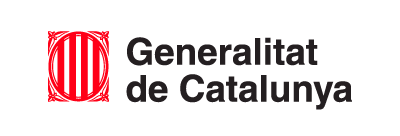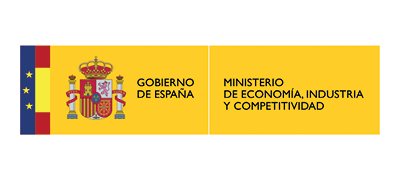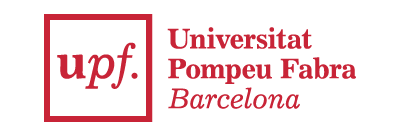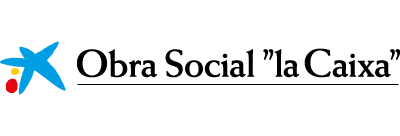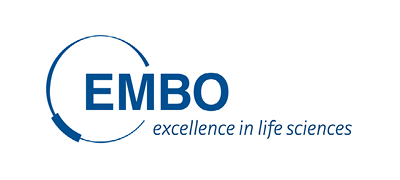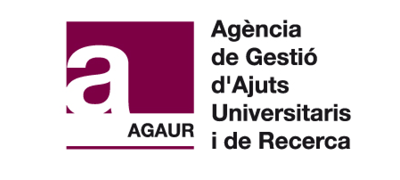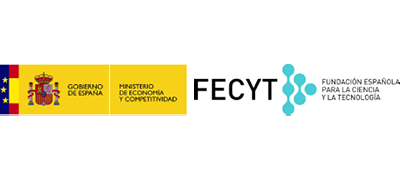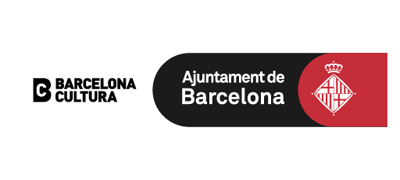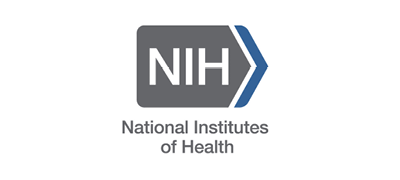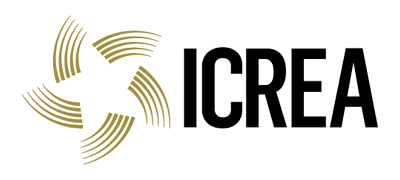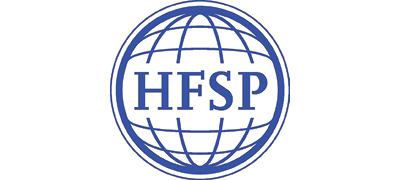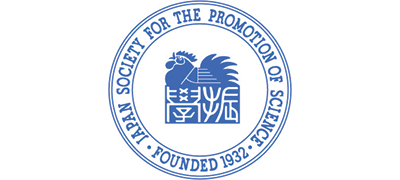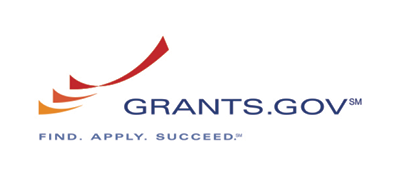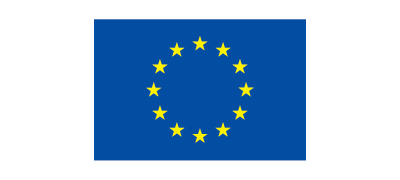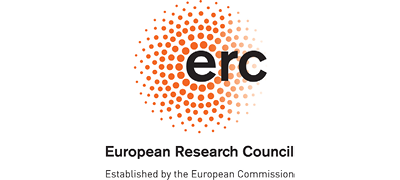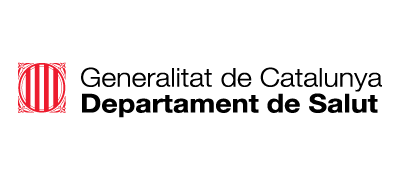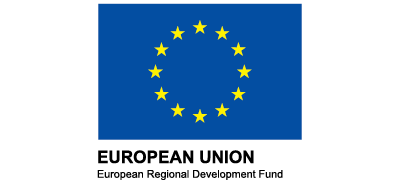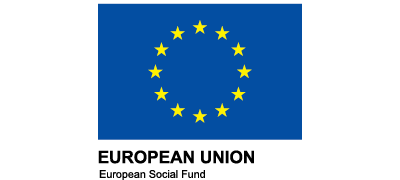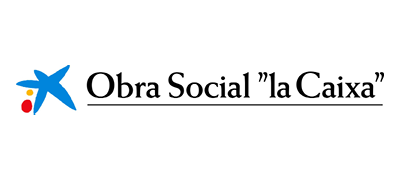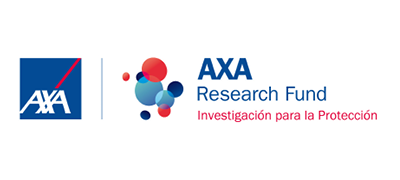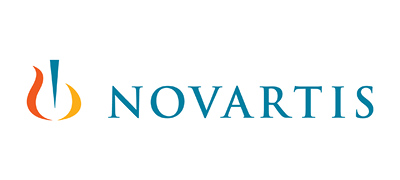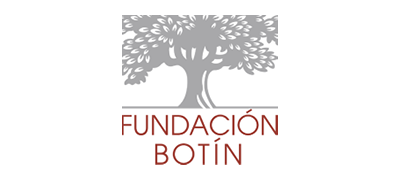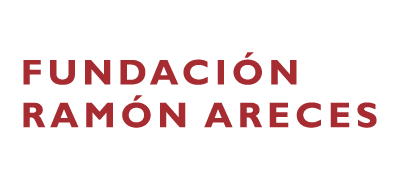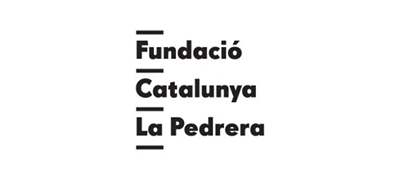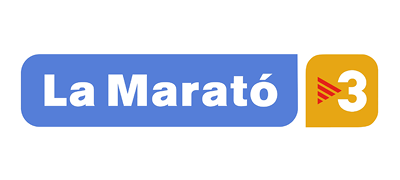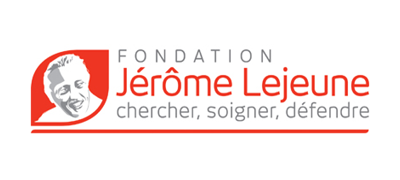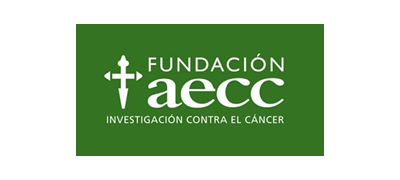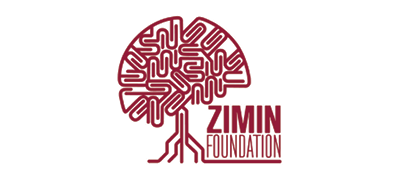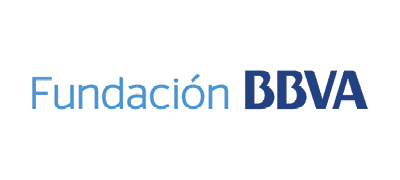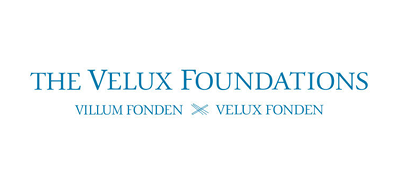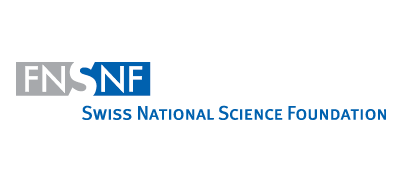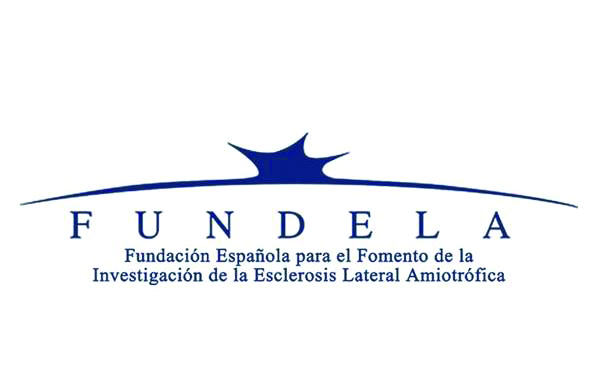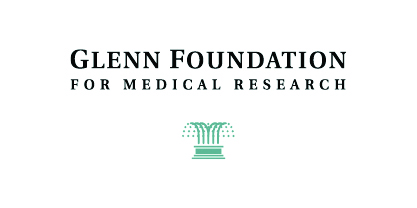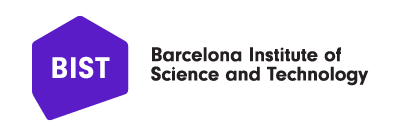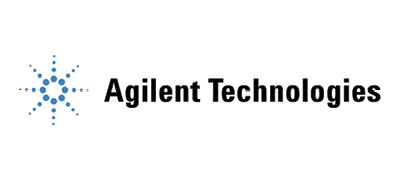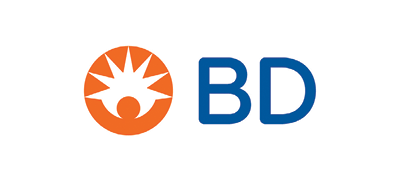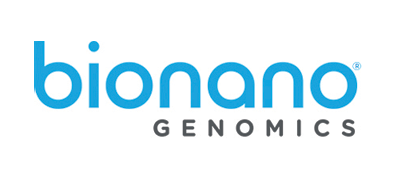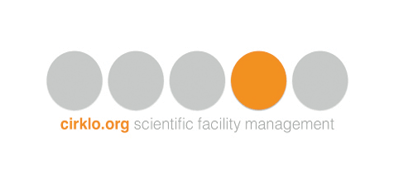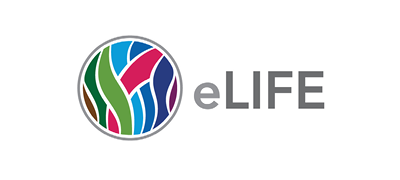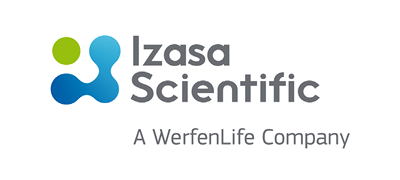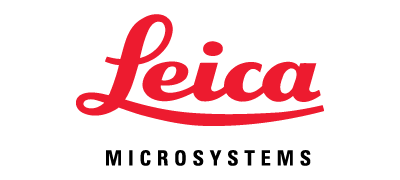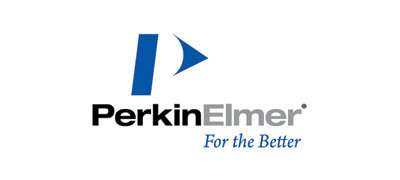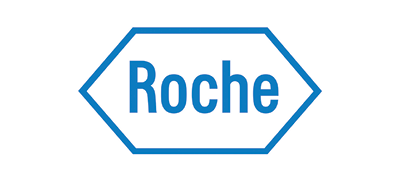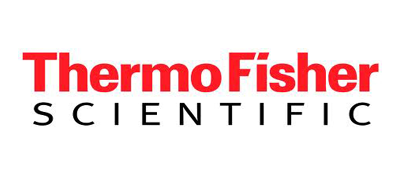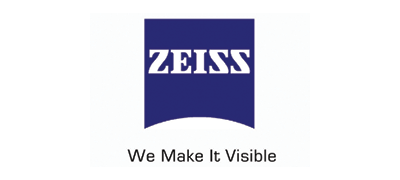Public Funders
Note: ERDF and ESF funds have been instrumental over the years through different funding schemes and in a variety of activities in supporting our research and keeping our infrastructures state-of-the-art. Further details on the projects co-funded by these funds can be found in the ERDF AND ESF FUNDS AT THE CRG section (CRG website).
Private Funders
The “la Caixa” Bank Foundation has supported several key initiatives at the CRG, such as its International PhD Programme since 2008 and additional scientific and outreach activities since 2014: the partnership between the CRG and the European Bioinformatics Institute (EMBL-EBI) to run the European Genome-phenome Archive (EGA) jointly, and the CRG’s first citizen science initiative ‘Saca la Lengua’ (Stick out your tongue). In the first half of 2016, the Foundation generously decided to fund the second edition of ‘Saca la Lengua’, which started in October 2016 and aims to tackle new challenges, reach target audiences and collect samples from different populations. In the first half of 2016, the Foundation generously decided to fund the second edition of ‘Saca la Lengua’, which started in October 2016. During 2017, the project had its second tour of Spain, successfully tackling new challenges, reaching new target audiences and collecting samples from different populations and patients suffering from different diseases.
The “AXA Chair in risk prediction in age-related diseases” was created in 2014 for a 15-year period with a 1-million euro endowment. Dr. Ben Lehner was appointed first chair holder to further his work in the development of personalised medicine to provide people with better protection from the unique risks they face in diseases such as cancer. In 2017, Dr. Bernhard Payer was appointed the second chair holder for a term of 3 years.
Novartis engages in extensive collaboration work with the CRG. From 2003 to 2016, the company supported the organisation of the CRG’s Annual Symposia, and it also backed an annual fellowship for postdoctoral researchers in the field of genomics between 2004 and 2012. In 2012, a new CRG-Novartis-Africa mobility programme was set up to advance bioinformatics, genetics and genomics research in Africa by mentoring young and promising African scientists. Every year, the programme allows up to four early career researchers from African Universities to spend a 6-month internship at the CRG to carry out their research project under the supervision of a CRG principal investigator.
The Fundación Botín, through its Science area, and in collaboration with the CRG’s Technology and Business Development office, promotes the translation of research results produced in the labs of Dr. Juan Valcárcel (currently) and Dr. Luis Serrano (2007-2013) into the market. They accomplish this by providing economic and management resources to identify promising ideas and results at an early stage, assessing their potential and the best form of protection through intellectual and industrial property rights, while also sourcing the necessary technology and industry partners or investors to help technologies or products to enter the market to the ultimate benefit of society.
The Ramón Areces Foundation provided three-year funding for a highly-talented young postdoctoral student to carry out research at the CRG. The successful post-doc, selected from a competitive call, was Xianghua Li, who worked in Dr. Ben Lehner’s lab until the first quarter of 2017.
The Fundació Catalunya-La Pedrera supports vocational training activities for young and talented students to nurture their interest in science and to pursue a scientific career. Key activities include scientific summer stays at MónNatura Pirineus and at the CRG, where students take part in sessions and events focused on scientific topics with the aim of eventually proposing and developing their own project idea. Since 2016, the CRG has also been one of the institutes hosting students from the Barcelona International Youth Science Challenge (BIYSC), a two-week international excellence summer programme that seeks to stimulate scientific talent among young people from all over the world and to encourage their enthusiasm for pursuing scientific research and a career in science.
The Fundació Marató TV3 funds several research projects led by CRG investigators related to different editions of the telethon: three projects from the 2012 edition on ‘Cancer’ (Thomas Graf, Pia Cosma and Susana de la Luna), two projects from the 2013 edition on ‘Neurodegenerative diseases’ (Fátima Gebauer and Luciano Di Croce), one project from the 2014 edition on ‘Heart disease’ (Gian G. Tartaglia) and two projects from the 2016 edition on ‘Strokes and traumatic spinal cord and brain injury’ (Marc Marti-Renom and Mara Dierssen).
The relationship between the CRG and the Jerome Lejeune Foundation began many years ago. They provided support to several of Mara Dierssen’s research initiatives linked to the identification of molecular and genetic bases in several pathologies accompanied by mental retardation: Rett Syndrome, Fragile-X Syndrome, William-Beuren Syndrome and Down Syndrome. Dierssen also received the first international Sisley-Jerome Lejeune Award in 2010. In 2016, they awarded a grant to Eduard Sabidó’s project on the elucidation of the mechanism of action of epigallocatechin-3-gallate as a therapeutic agent on the cognitive phenotype in Down Syndrome mice models (2015-2017). More recently, in 2017, a new project was awarded to Mara Dierssen, entitled ‘EpiGenetic Change Generator in Down Syndrome (2017-2019).
The Spanish Association Against Cancer (AECC) has supported a number of research projects and initiatives by CRG scientists over the years. In 2015, Pedro Vizán (in Luciano Di Croce’s lab) was awarded the AECC Oncologic Research Fellowship for a project that seeks to identify and ”attack” stem cells involved in cancer, which will end in 2019.
Thanks to the Zimin Foundation, the School of Molecular and Theoretical Biology (SMTB), organised by our researcher, Fyodor Kondrashov, was held in Barcelona for two years in a row (2016 and 2017). The STMB brought together 80 intellectually inquisitive and talented secondary school students and outstanding scientists from all over the world for three weeks in August, all of them working together on real scientific experiments that might yield novel results. They spent the first three days simply discovering the different labs participating in the summer school so that they could subsequently choose the scientific project they were interested in. As a closing event, the students prepared a poster session to present the outcomes of the projects developed over the previous weeks.
In the 2016 call of the BBVA Foundation Grants to Researchers and Cultural Creators, Neus Martínez, from James Sharpe’s group, was awarded a grant for her research project titled ‘Non-Invasive Facial Biomarkers of Mental Diseases’. The aim of the project was to create a facial analysis and modelling application with diagnostic and prognostic value for mental diseases related to genetic alterations of DYRK1A and also translatable to other disorders.
The Velux Foundations are funding the research project titled ‘Regenerating Photoreceptors in Retinitis Pigmentosa’, by our PI Pia Cosma. Retinitis pigmentosa (RP) is a severe disease that affects 1 in 3,500 individuals, who undergo progressive loss of vision and for which currently there is no cure. We intend to test cell fusion-mediated reprogramming as therapy in rd10 mice, an RP mouse model, with the ultimate goal of regenerating photoreceptors and achieving functional rescue of vision.
SWISS NATIONAL SCIENCE FOUNDATION
The SNSF is currently funding a research project by our PI, James Sharpe, entitled ‘Reaction-diffusion networks underlying pattern formation of lymphoid tissue’. The project explores the various possible scenarios of pattern formation in lymphoid tissue.
Our PI Luciano Di Croce was awarded a grant from FUNDELA on November 2017 to address the identification of new therapeutic targets for ALS treatment by using an epigenetic factors screening.
GLENN FOUNDATION FOR MEDICAL RESEARCH
The Glenn Foundation is currently funding the project ‘Temporal scaling in C. elegans aging’, by our PI Nicholas Stroustrup until October 2018.
THE BARCELONA INSTITUTE OF SCIENCE AND TECHNOLOGY (BIST)
BIST is contributing to several ongoing initiatives at the CRG. First, it is co-funding 2 FI PhD Fellowships from AGAUR in the labs of our PIs Pia Cosma and Roderic Guigó for four years. On the other hand, 2 projects from the first Ignite Call from BIST were awarded to CRG researchers. The first one is by Victoire Neguembor (Pia Cosma lab) and is entitled ‘GenStorm: an integrated approach to visualize and model the spatial conformation of genes at the nanoscale level’ (March-Nov 2017). The second was awarded to Ishier Raote (Vivek Malhotra lab), to the project ‘Enlightening TANGO’ (March-Nov 2017).
